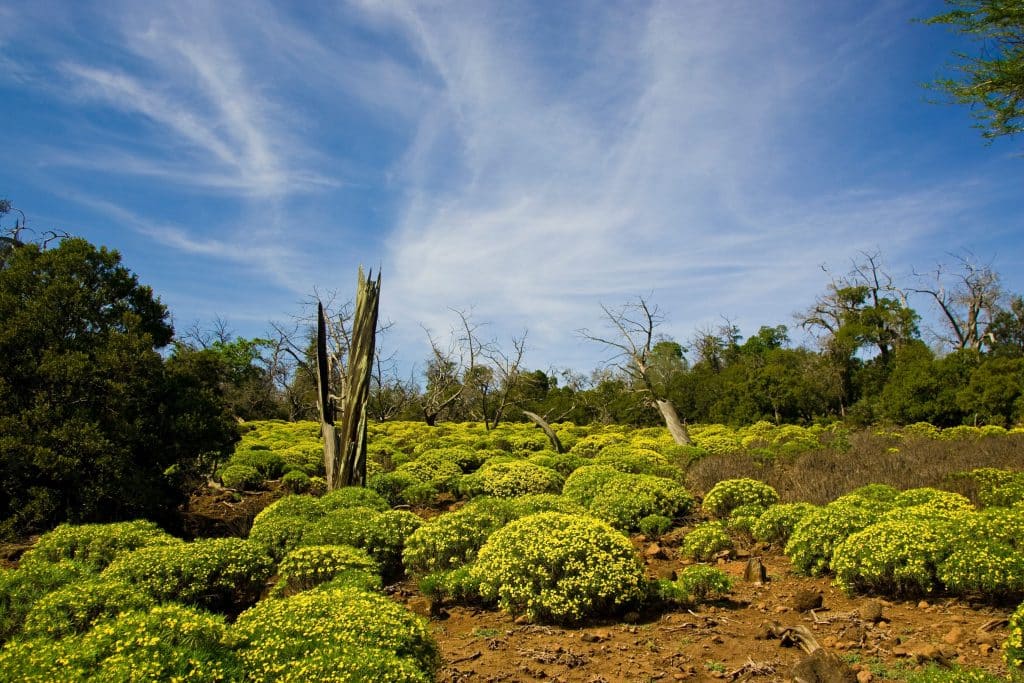The sacred forest of Kpékonzoun is one of the relatively unspoiled islands of vegetation in south-eastern Benin. This forest, which is periodically flooded by the Ouémé River, is home to two endangered mammal species, the Sitatunga antelope and the red-bellied monkey (cercopithecus erythrogaster). However, it is threatened by strong pressure from local populations, who are the only ones able to preserve it.
To support the local populations of the sacred forest of Kpékonzoun, the Organisation for Sustainable Development and Biodiversity (ODDB) received a grant of approximately 72,000 euros, or 47 million CFA francs, on 12 January 2023. The funds will be used, among other things, to sensitise villagers to the ecological and economic interest of conserving this sacred forest and to put in place protection measures and a management plan.
At least five projects funded by Germany
The project to support the restoration and sustainable conservation of the sacred forest of Kpékonzoun is one of five out of forty projects selected in the fields of climate change and biodiversity in Benin. These projects were selected in the framework of the call for projects of 28 February 2022 of the Beninese National Environment and Climate Fund (FNEC), relating to the partnership with the German Federal Ministry for the Economy and Climate (BMWK). The total amount of funding for the five projects is 438,338 euros (285 million CFA francs), over an eighteen-month implementation period.
Read also-
As a reminder, this partnership stems from the satisfactory bilateral cooperation between the FNEC and the German International Development Cooperation Agency (GIZ). Indeed, the GIZ made the FNEC eligible for grants from the BMWK’s International Climate Initiative (IKI) in Africa. Funding for the benefit of national organisations selected in the framework of the call for projects launched by the FNEC. The objective of this call for projects is to finance five small-scale climate or biodiversity projects led by civil society organisations that are in line with the priorities of Benin’s nationally determined contributions (NDCs) and national adaptation plan (NAP).
Boris Ngounou
